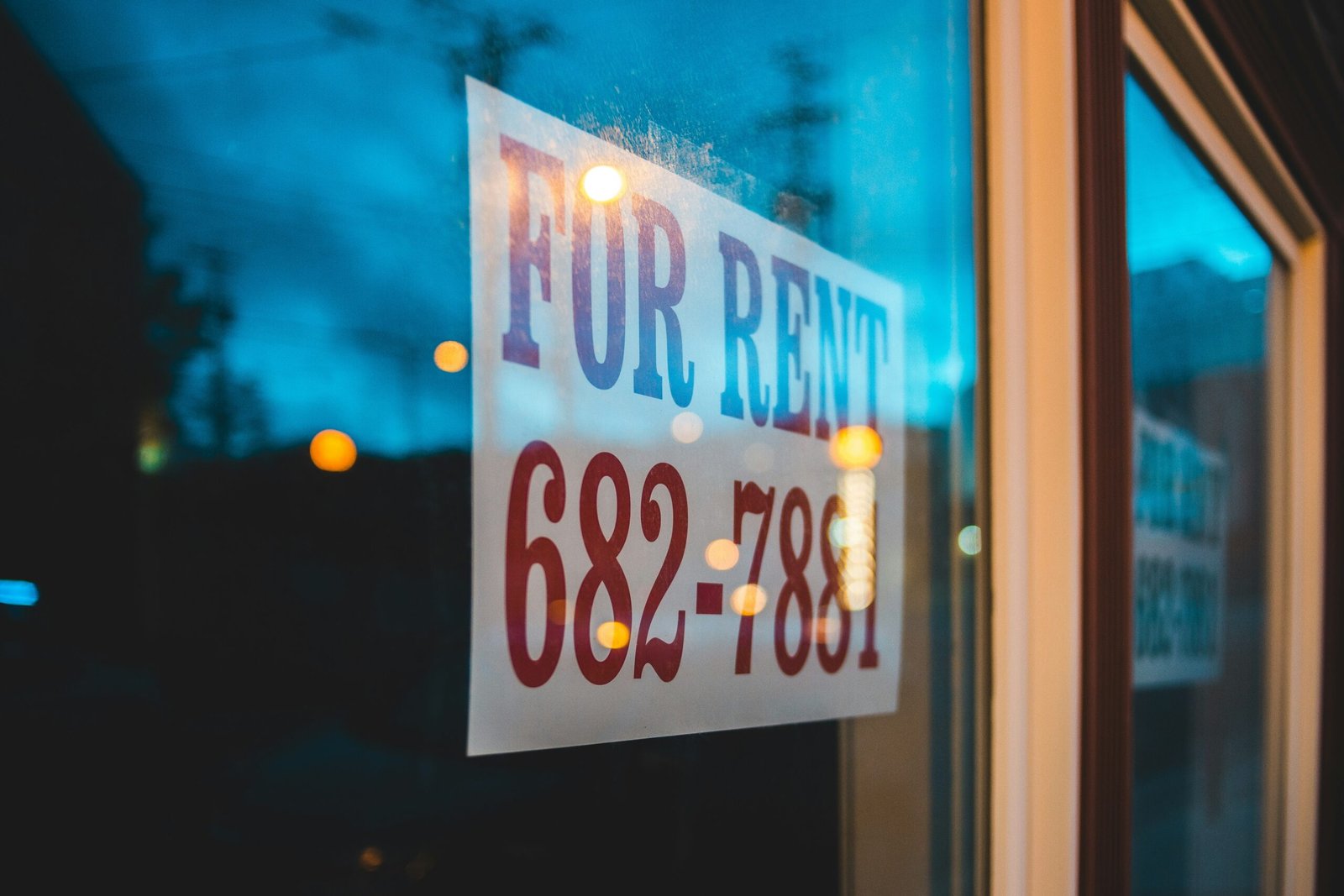Introduction
When it comes to investing in real estate, one of the most important factors to consider is the return on investment (ROI). ROI is a measure of the profitability of an investment and is crucial in determining the success of a property investment. In this guide, we will explore the concept of ROI and provide you with a comprehensive understanding of how to evaluate property ROI.
What is ROI?
Return on Investment (ROI) is a financial metric used to measure the profitability of an investment. It is calculated by dividing the net profit from an investment by the initial cost of the investment and expressing it as a percentage.
For example, if you purchase a property for $200,000 and after deducting all expenses, you generate a net profit of $30,000 per year, your ROI would be 15% ($30,000 / $200,000 x 100).
Factors Affecting Property ROI
Several factors can influence the ROI of a property investment. These include:
- Location: The location of a property plays a significant role in determining its ROI. Properties in desirable areas with high demand tend to have higher ROI.
- Rental Income: The rental income generated by a property is a crucial factor in calculating ROI. Higher rental income leads to a higher ROI.
- Operating Expenses: The expenses associated with owning and maintaining a property, such as property taxes, insurance, and maintenance costs, can impact ROI.
- Property Value Appreciation: The potential for the property’s value to increase over time can significantly impact ROI.
How to Calculate Property ROI
Calculating property ROI involves considering both the income generated from the property and the expenses associated with it. Here is a step-by-step process to calculate property ROI:
- Determine the net income generated by the property. This includes rental income minus operating expenses.
- Divide the net income by the total cost of the investment (purchase price + closing costs + renovation costs) and multiply by 100 to get the ROI percentage.
It is important to note that ROI calculations should also consider factors such as loan interest, vacancy rates, and potential tax benefits.
Interpreting Property ROI
Understanding how to interpret property ROI is crucial for making informed investment decisions. Here are a few key points to consider:
- A positive ROI indicates that the investment is profitable.
- A higher ROI indicates a more profitable investment.
- Comparing the ROI of different properties can help you make a more informed investment choice.
- ROI should be considered alongside other factors such as risk, market conditions, and personal investment goals.
Improving Property ROI
There are several strategies you can implement to improve the ROI of your property investment:
- Increase rental income by raising rents or adding value-enhancing features to the property.
- Reduce operating expenses by finding cost-effective maintenance solutions and minimizing vacancies.
- Invest in property improvements that have a high return on investment, such as kitchen renovations or energy-efficient upgrades.
- Stay informed about market trends and make strategic decisions based on the potential for property value appreciation.
Conclusion
Evaluating property ROI is essential for making informed investment decisions in the real estate market. By understanding the factors that affect ROI, calculating ROI accurately, and interpreting the results, you can optimize your property investments for maximum profitability. Remember to consider other factors alongside ROI to ensure a well-rounded investment strategy.
Investing in real estate can be a lucrative endeavor, and by harnessing the power of ROI analysis, you can make informed decisions that lead to long-term success in the property market.





